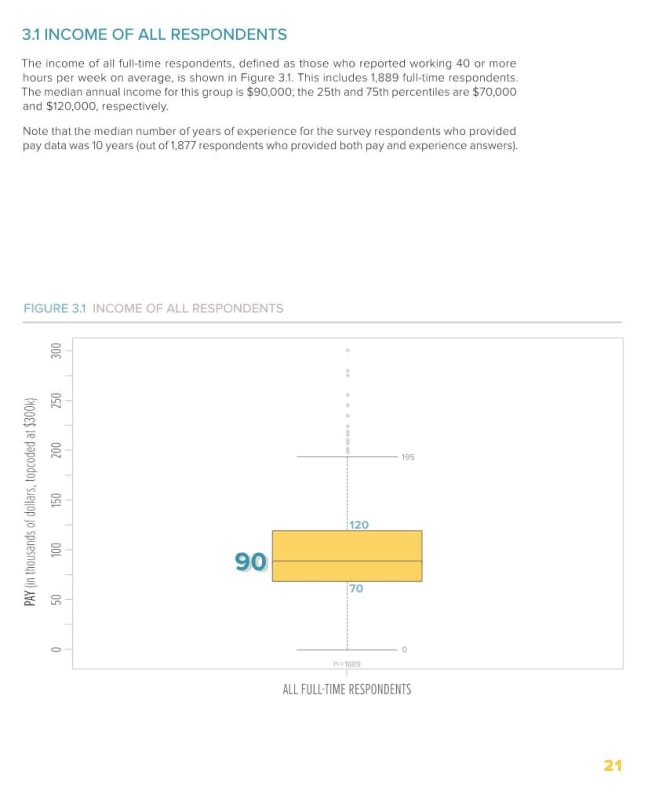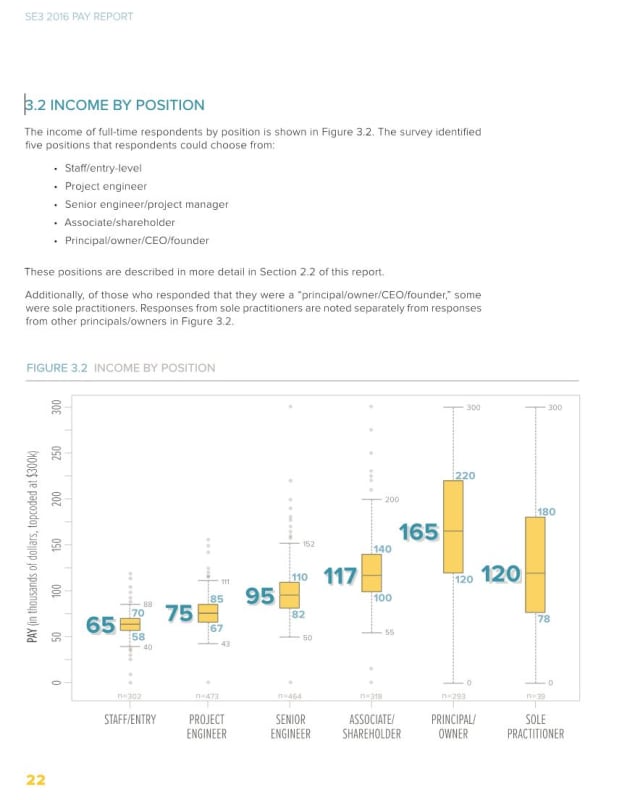Maybe I can chime in here on what I notice as one of the younger engineers...
I think we can all agree here that the reward in terms of fees and compensation for this profession is not remotely close to where it needs to be compared to the risk and mental strain that comes with the work. There is little to no incentive for bright minds to keep practicing structural engineering other than our passion for it in this situation (but bills and stress don't get relieved with passion alone.) To make things worse, the ones who do stay because of their passion and ability regarding the work are ran down with the amount of responsibilities they have. These 10+ year engineers are responsible for preparing fees, attending meetings, overseeing design, training new engineers, going out in the field, and sometimes doing the design work themselves.
If you're an engineer who has 4-10 years of engineering experience, and you see what the 10+ year engineers are dealing with, does this incentivize you to become a leader in the company? Of course not! Why would someone want to take on all that responsibility for such little increase in reward. You either stay at the position you're at, job hop for pay increases, or leave the field entirely for the many other fields that offer more reward for less effort. I'm not saying the grass is always gonna be greener, but chances are you won't land in a spot that's browner.
When this happens, you have what I like to think is the downfall of structural engineering. You have senior engineers who are overworked to the point where a $100k compensation doesn't really make up for it. After all, we're humans not vending machines. You have managers who's only goal is to take on more projects to create more profit for the company (ignoring the fact that this isn't sustainable long term.)
In the end, it's a losing scenario. Managers desperately try to keep the company afloat. Senior engineers overwork themselves to keep producing projects. Mid level engineers do just enough to stay employed. Freshly graduated engineers walk into a burning building. Who is going to give these fresh engineers PROPER TRAINING in this situation? This is more important for the life of structural engineering than compensation itself. The next generation of engineers need to be properly trained, and this new era of design/construction combined with profit incentive DOES NOT allow for that in the slightest.
What we need to do:
- Raise our fees, slow down the work, a safe building does not get built without structural engineers end of story, and we need to stop undercutting each other for the work. IT ONLY HURTS THE FIELD AND FELLOW ENGINEERS
- Emphasize the need for PROPER TRAINING of new engineers. An engineer who is compensated nicely and properly trained is THE BEST THING that can happen to our field
Anything else is a distraction.
ps. sorry if there's some typos or incoherent thoughts. Writing this after I pulled a 70hr week as a second year engineer. Also, I realized this made mid level engineers sound bad but I meant it in a way where mid level engineers really have no incentive to ask for more work than what is already assigned to them. I know a couple mid level engineers who I'm proud to call my colleagues.


